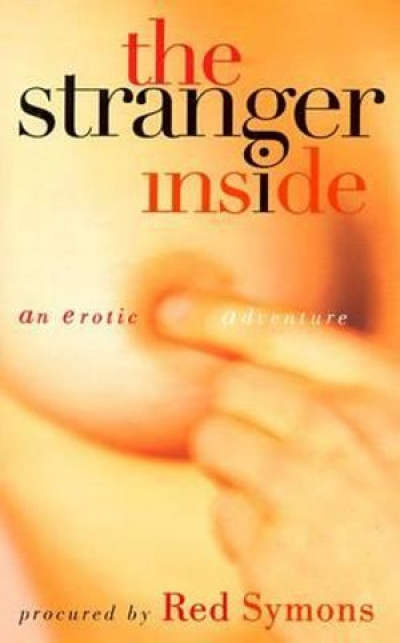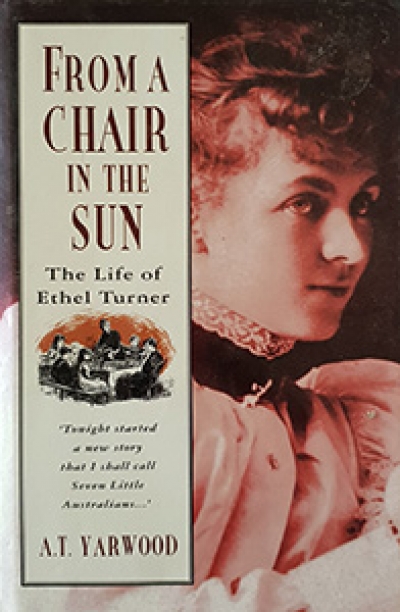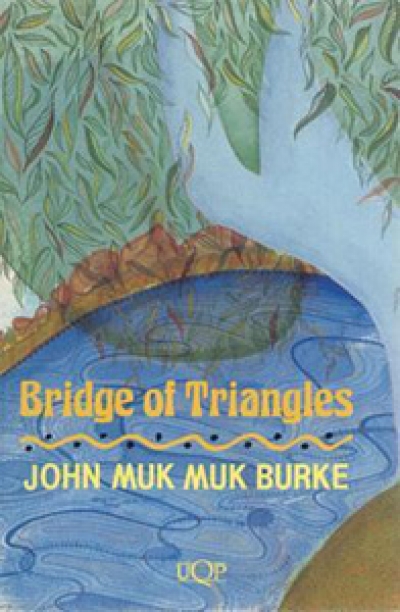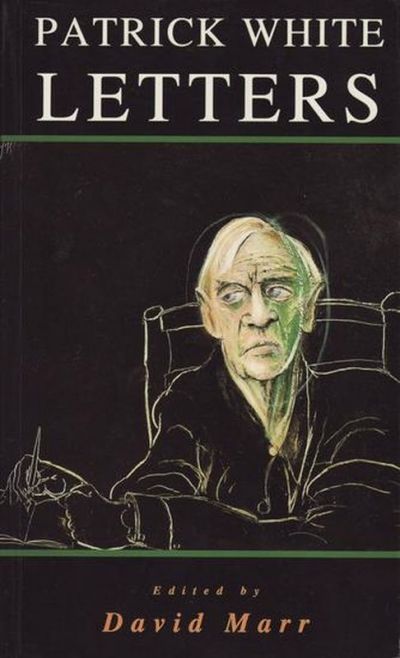Like Manning Clark, Blainey sees history as a story of progress in which Western civilisation develops from a kind of primal baseline. But the dynamic force which drives events in Blainey’s history is more tangible-more material-than in Clark’s. As Blainey himself explains, he regards technology and economics as being far more important agents of change than politics. He locates the origins of modem industrial culture in the Middle East, at that moment when hunter-gatherers first settled in villages and began systematic farming. This neolithic revolution, says Blainey, was more significant to human development than the beginning of the industrial revolution: ‘It led to the collection of taxes, the rise of powerful rulers and priests, to the creation of armies larger than any previously known.’ As this revolution gradually spread into Europe, America and Asia, new societies ‘blossomed and bloomed’ because an increasing proportion of their populations was freed from food production to pursue other activities. They were free to write, think, scheme and invent things.
...
(read more)










